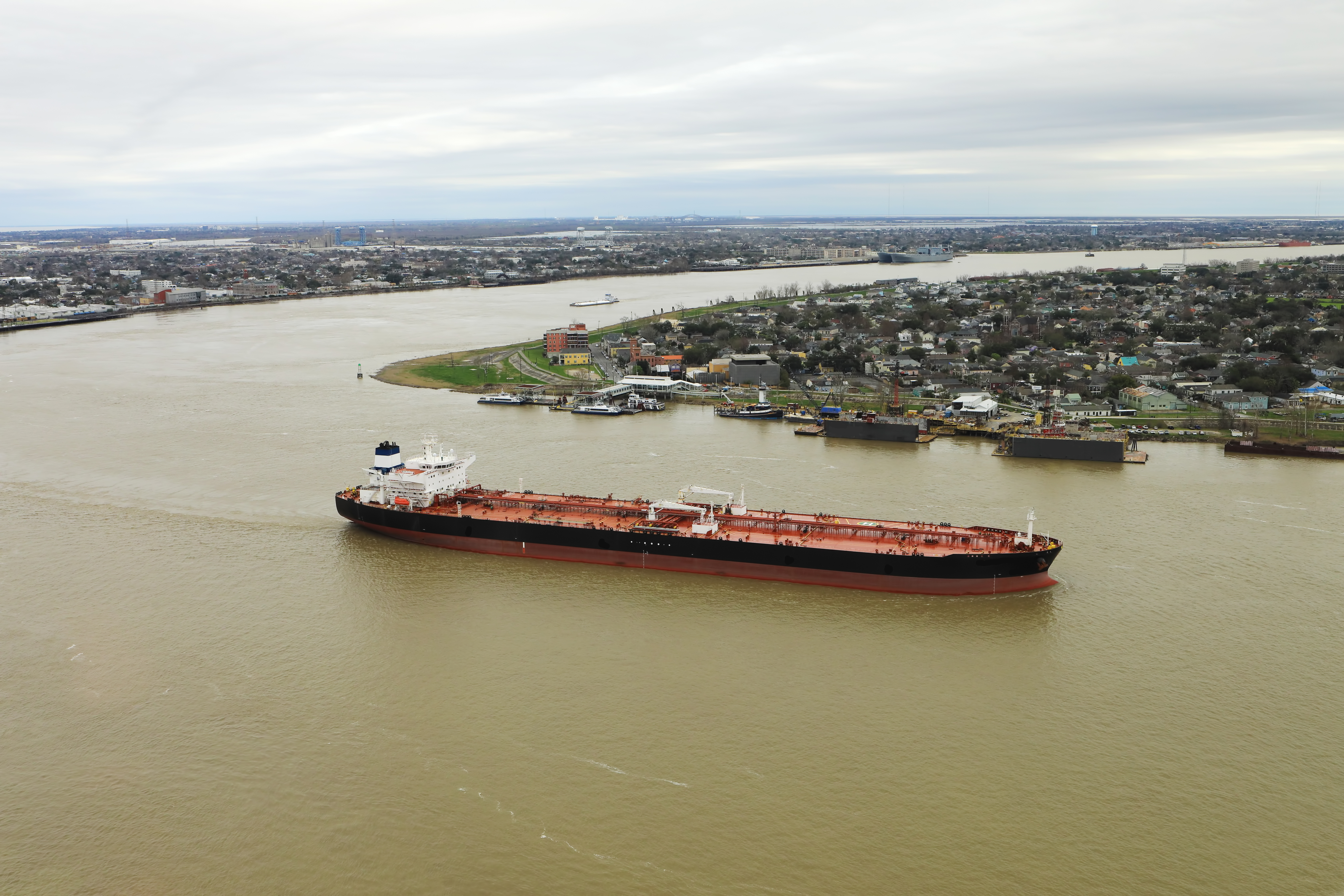QCR Spring 2019: What constitutes a serious irregularity in salvage arbitration - Appeal arbitrator increasing award in reliance on hypothetical scenario not featuring in grounds of appeal nor in appeal hearing
- Date
- 21 May 2019
Share this article
Share this article




